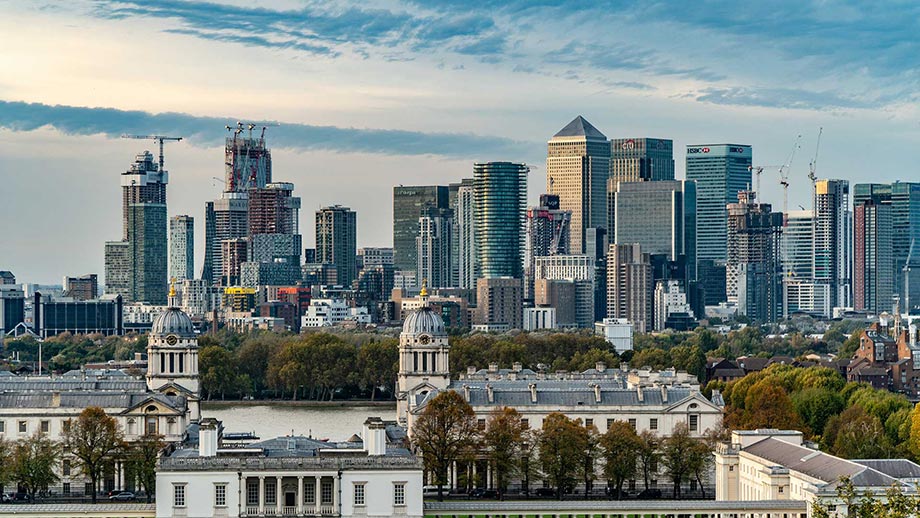For decades, studies have been showing an increase in the migration of people to cities as they search for work and look to improve their social interactions. Countries such as China have been experiencing mass migrations, and in contrast, even the smaller cities currently dwarf those of the United Kingdom. Whilst we may look at London as a ‘mega city’, there are seven cities in China with a population over 9 million and over fifty with a population larger than our next largest city, Birmingham. So, whilst we think we are urbanising as a nation, we have a long way to go on the world stage. It should not be forgotten however, that over 80% of our population is urbanised in comparison to China, which has grown from 20% in 1980 to the current 60%.
The key question is whether this trend will continue in the light of the pandemic, and whether the current city dwellers continue to find life in the new normal preferable in the city as opposed to the countryside. From my own experience, living in rural Warwickshire and commuting weekly to London for work has given me and my family the freedom of outside space during lockdown. All those years of extending my commute to enjoy an idyllic country life has proved to be a worthwhile investment, especially when I compare my family experience to those of friends and colleagues who live in and around London. Our sense of freedom, wide open spaces and a measure of isolation are all heightened by the current Covid-19 restrictions and is not something I would readily give up.
Likewise, the experience in the city where personal space is regularly interrupted, many shops and services have closed down due to the lack of commuter traffic, and wide open, green spaces are limited has put a downer on the prospect of a quick recovery. The housing market in Central London has certainly cooled, exacerbated by a lack of foreign investment, as people look to move further out of the city. This coupled with the almost perfect storm of many high-density properties being held up from selling by cladding issues following the Grenfell disaster, leaving frustrated owners unable to sell due to safety concerns.
The problem with city life is that the mixture of both commercial and residential zones requires both to be prosperous. If white collar businesses in city centres are looking to dramatically downsize their footprint, the supporting businesses will suffer which will in turn kill the heart of any city. I understand that pubs and restaurants in mainly commercial districts are really struggling whilst those located in residential suburbs are thriving in comparison. This may go some way to explain current Government thinking in supporting the acceleration of commercial to residential planning to enable high streets to become more residential in nature. Just on the South Bank in London I have witnessed many shops close for good, business premises remain completely empty and no new activity whereas the countryside and market towns appear, on the surface at least, back to normal.
Speaking to a number of Greeks, Italians, Spanish and Germans who have once called London their home many have, or are in the process of, returning back to their country of origin due to the pandemics lasting impact on employment but also a realisation on the quality of life and using the opportunity to revaluate ones motivations. Certainly the pressure of a high paying job in London to earn just enough to live is a bearable concept when the culture makes up for it but as outlined if that element is suffering why not return to rural Italy where the quality of life is comparable if not better, cost of living less and jobs are as difficult to secure.
Unlike previous recessions the pandemic will have lasting impact on the design and zoning of our cities to establish a high quality of life for future residents. My assumption is that when the dust settles, budgets for city councils will be woefully underperforming due to the lack of business rates and we will hence see a lack of investment into infrastructure which will incur a further reduction in business activity. We will see the opposite of the virtuous circle as cities start to decay around the edges and people get used to more flexible ways of working and living. On the flip side market towns across the nation will benefit from an increase in interest as the dependence on cities weakens.
Is this a good thing for the UK and should we embrace it? I feel, like anything, a balance is needed that is not currently reflected in the UK with 80% of our population living in high density urban environments. A shift therefore is most likely overdue and will enable more parts of the country to highlight their contribution and desirability for people to settle. We may look back in a decade’s time and reflect on a more distributed UK society.





Leave a Reply